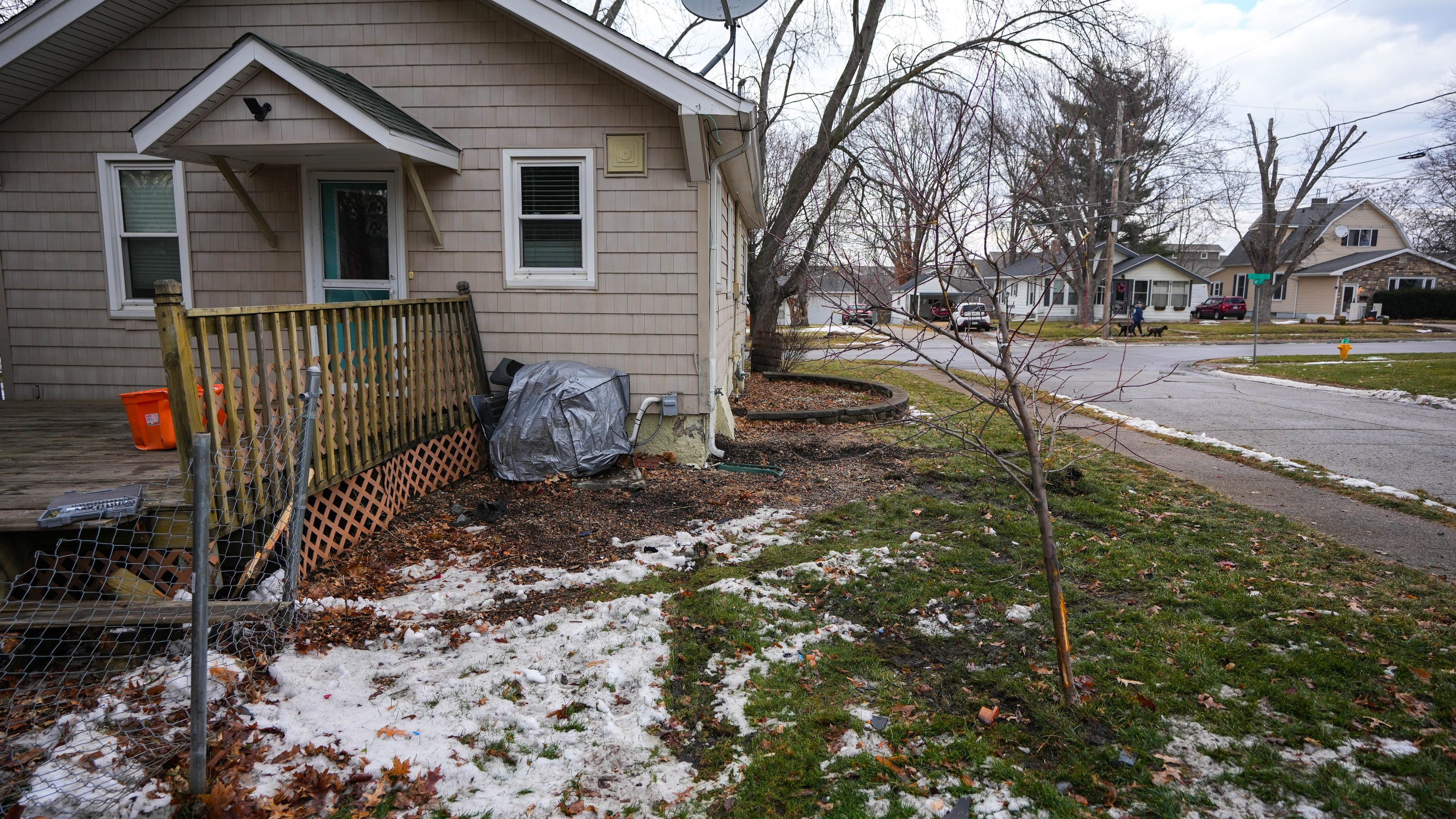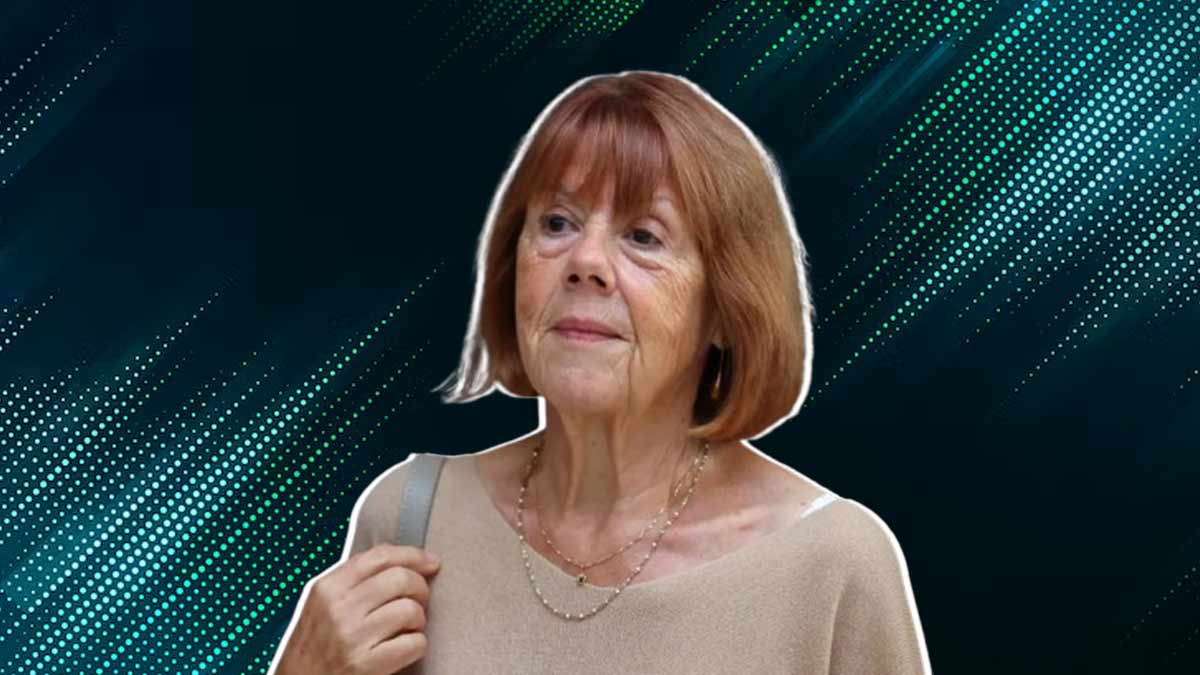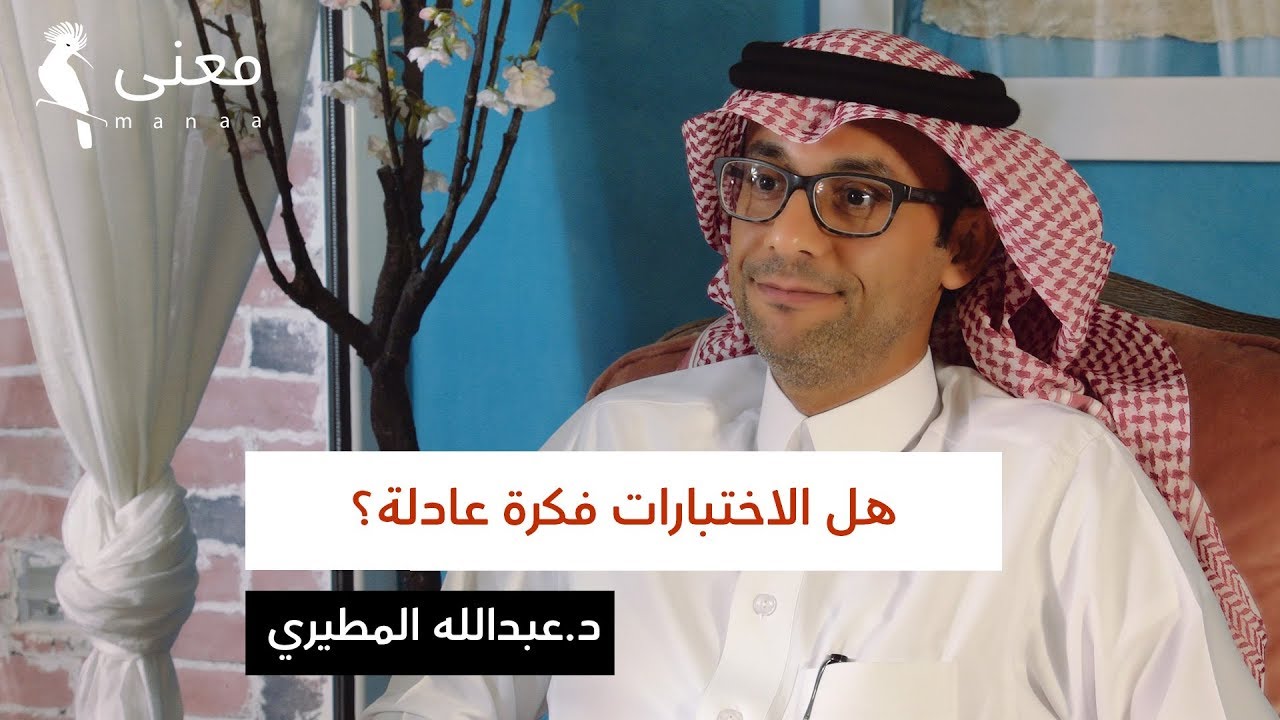Dutch Drug Trafficker Bolle Jos And The Suppression Of Press Freedom In Sierra Leone

Table of Contents
Bolle Jos's Operations and Their Alleged Impact on Sierra Leonean Media
The Scale of Bolle Jos's Alleged Drug Trafficking Operations in Sierra Leone.
Bolle Jos's alleged drug trafficking empire in Sierra Leone is reported to have been vast and sophisticated. Reports suggest his operations spanned several years, involving the smuggling of large quantities of cocaine and other illicit drugs through various ports and routes across the country. Specific locations, while not publicly disclosed due to ongoing investigations and safety concerns for those involved, are alleged to include key coastal areas and inland transportation hubs. The alleged involvement of corrupt officials at various levels of government facilitated these operations, creating a complex network of organized crime. Several credible news sources, including [insert credible news source 1], [insert credible news source 2], and investigations by international agencies, have documented the scale of his alleged activities, painting a picture of deep-rooted corruption within the country's systems. Keywords: drug trafficking, cocaine smuggling, organized crime, Sierra Leone crime.
- Alleged use of offshore accounts and shell companies to launder money.
- Suspected ties to powerful individuals within the Sierra Leonean government.
- Reports of widespread bribery to ensure safe passage of drug shipments.
Allegations of Intimidation and Threats Against Journalists.
Journalists who dared to investigate Bolle Jos's activities faced a range of alleged repercussions. Several reports detail instances of intimidation, harassment, and even physical violence against those attempting to expose the alleged drug trafficking network. [Insert example 1: journalist's name and brief description of incident]. [Insert example 2: journalist's name and brief description of incident]. These acts of intimidation effectively created a climate of self-censorship, discouraging further investigation into Bolle Jos’s activities. Keywords: press freedom violations, journalist intimidation, media censorship.
- Threats of violence against journalists and their families.
- Arrests and detentions of journalists without due process.
- Cases of journalists being forced to retract or censor their stories.
Bribery and Corruption as Tools for Suppressing Investigative Journalism.
Allegations of bribery played a significant role in the suppression of investigative journalism related to Bolle Jos. Journalists were reportedly offered substantial sums of money to either cease their investigations or to publish favorable articles. The scale of the alleged bribery suggests a deliberate and systematic effort to silence critical voices and control the narrative surrounding Bolle Jos's operations. The lack of transparency and accountability in the handling of these allegations further exacerbates the problem, creating an environment where corruption thrives and investigative journalism is stifled. Keywords: media bribery, corruption in Sierra Leone, influence peddling.
- Reports of direct bribes offered to journalists in exchange for favorable coverage.
- Allegations of financial pressure exerted on media outlets to prevent critical reporting.
- Lack of transparency in the investigation of alleged bribery cases.
The Legal Battles and Their Implications for Press Freedom
Bolle Jos's Legal Challenges and Their Impact on Media Coverage.
Bolle Jos's legal battles significantly impacted media coverage of his alleged activities. The use of legal resources and strategic lawsuits, potentially including SLAPP suits (Strategic Lawsuits Against Public Participation), created a chilling effect on investigative journalism. These lawsuits, even if ultimately unsuccessful, served to drain resources and time from news organizations, thereby limiting their capacity to pursue further investigations. The threat of protracted and expensive legal battles became a significant deterrent to critical reporting. Keywords: SLAPP suits, legal harassment, judicial intimidation.
- Multiple lawsuits filed against journalists and media outlets covering Bolle Jos's alleged activities.
- Alleged use of legal proceedings to intimidate and silence critical voices.
- The high cost of legal defense deterring investigative reporting.
The Role of the Sierra Leonean Judiciary in Protecting or Suppressing Press Freedom.
The role of the Sierra Leonean judiciary in the context of Bolle Jos's case and its broader impact on press freedom is complex and requires careful consideration. While the judiciary has a mandate to uphold the rule of law and protect freedom of expression, concerns have been raised regarding its independence and capacity to act impartially in cases involving powerful individuals or interests. The handling of cases related to Bolle Jos and other instances of alleged media suppression raises questions about the effectiveness of judicial oversight in protecting press freedom. Keywords: judicial independence, rule of law, access to justice.
- Assessment of the judiciary's responsiveness to cases of journalist intimidation.
- Analysis of the judiciary's handling of SLAPP suits and other legal actions against media outlets.
- Evaluation of the judiciary's capacity to provide effective redress to journalists facing suppression.
The Wider Context: Press Freedom in Sierra Leone
Existing Challenges to Press Freedom in Sierra Leone beyond the Bolle Jos Case.
The challenges to press freedom in Sierra Leone extend beyond the Bolle Jos case. The country faces a complex web of issues that hinder the free flow of information and the ability of journalists to operate without fear of reprisal. These include media ownership concentration, political interference, inadequate legal protections for journalists, and a general climate of impunity for those who violate press freedom. Reports from organizations like Reporters Without Borders consistently highlight Sierra Leone's precarious position on the world press freedom index. Keywords: media freedom index, freedom of expression, human rights.
- Lack of media pluralism and concentration of ownership in the hands of a few.
- Political pressure on media outlets to self-censor or promote specific narratives.
- Inadequate legal frameworks to protect journalists from intimidation and violence.
The Importance of Protecting Investigative Journalism in Sierra Leone.
Investigative journalism plays a vital role in a democratic society, uncovering corruption, holding those in power accountable, and promoting transparency. Suppressing this crucial function undermines good governance, economic development, and social justice. In the context of Sierra Leone, where corruption is a significant obstacle to progress, the protection of investigative journalists is paramount. The implications of suppressing investigative journalism are far-reaching and could hinder Sierra Leone’s progress towards a more stable and equitable society. Keywords: investigative journalism, accountability, transparency.
- The role of investigative journalism in uncovering corruption and promoting good governance.
- The link between press freedom and economic development.
- The importance of protecting investigative journalists for the well-being of Sierra Leonean society.
Conclusion: The Enduring Threat to Press Freedom – The Case of Bolle Jos and the Path Forward
The case of Bolle Jos vividly illustrates the enduring threat to press freedom in Sierra Leone. His alleged activities, combined with a complex web of existing challenges, have created a climate of fear that significantly restricts the ability of journalists to investigate corruption and hold powerful actors accountable. Protecting investigative journalists and strengthening legal protections for the media are critical to ensuring a free and independent press in Sierra Leone. We must continue to monitor this situation closely, support organizations that defend press freedom in Sierra Leone, and advocate for stronger legal frameworks to protect journalists from intimidation, bribery, and legal harassment. Understanding Dutch Drug Trafficker Bolle Jos and the Suppression of Press Freedom in Sierra Leone is crucial to advancing the cause of media freedom and good governance in the country. Let's work together to safeguard protecting press freedom in Sierra Leone and empower investigative journalism in Sierra Leone to thrive.

Featured Posts
-
 El Futuro De Bts Un Analisis De Su Regreso Tras El Servicio Militar
May 30, 2025
El Futuro De Bts Un Analisis De Su Regreso Tras El Servicio Militar
May 30, 2025 -
 London Klub Jagter Kasper Dolberg
May 30, 2025
London Klub Jagter Kasper Dolberg
May 30, 2025 -
 Des Moines Police Respond To Vehicle On Its Side After Crash
May 30, 2025
Des Moines Police Respond To Vehicle On Its Side After Crash
May 30, 2025 -
 French Rape Survivors Story Gisele Pelicots Book Headed To Hbo
May 30, 2025
French Rape Survivors Story Gisele Pelicots Book Headed To Hbo
May 30, 2025 -
 Lw Ansf Alqwmu Mena Aledalt Fy Dhkra Astqlalna
May 30, 2025
Lw Ansf Alqwmu Mena Aledalt Fy Dhkra Astqlalna
May 30, 2025
